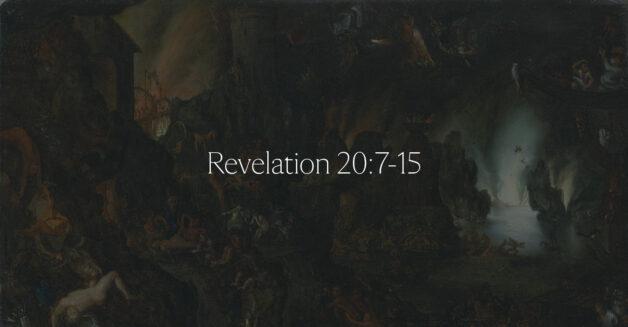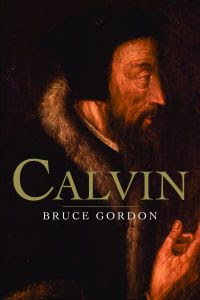
Bruce Gordon. Calvin (Yale University Press, 2009). For most people in my church, I still nod in the direction of T.H.L. Parker’s biography of Calvin or a more popular version like John Piper’s. But for those wanting more depth and scholarly research, this will be the book I now recommend. Of the six or seven biographies I’ve read of Calvin, this is the most impressive (although a Barthian gloss on Calvin creeps in here and there). Gordon writes well and fairly. He criticizes Calvin’s penchant for anger and irritability, but for the most part is sympathetic to the Genevan Reformer. Gordon’s treatment of the Servetus affair is especially helpful.
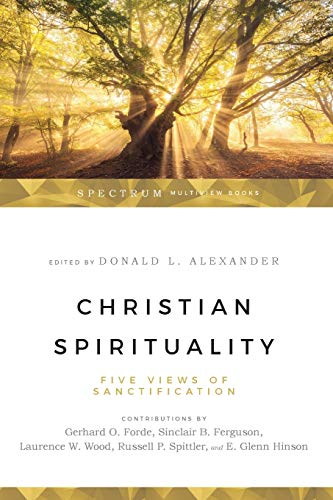
Christian Spirituality: Five Views of Sanctification. Edited by Donald L. Alexander (IVP Academic 1988). Let me be cliche, Sinclair Ferguson’s chapter is worth the price of the book. His explanation of our growth in godliness through the lens of our union with Christ is masterful. And Ferguson’s interaction with the Lutheran view is illuminating. A number of the positions overlap, but there are still enough differences to make things interesting. I’d love to see what an updated version of the book might look like: a lot has changed since 1988.
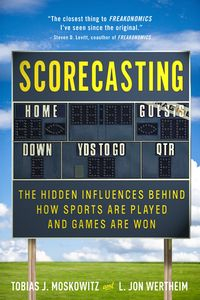
Tobias J. Moskowitz and L. Jon Wertheim. Scorecasting: The Hidden Influences Behind How Sports Are Played and Games Are Won (Crown Archetype 2011). A great book for people who loves sports and numbers. Some of the chapters seemed a little short (like the one on why the Pittsburgh Pirates stink and the Pittsburg Steelers are almost always great). But many were fascinating (like the profile of the Arkansas high school football team that never punts or the two chapters on what drives home field advantage). As a White Sox fan, my favorite chapter was the last one, “Are the Chicago Cubs Cursed?” The answer, say Moskowitz (wasn’t he a mouse in An American Tail?) and Wertheim, is actually the opposite. The Cubs are so blessed with a loyal fan base that there is no economic incentive to put a winning team on the field. As it turns out, attendance at Wrigley is more sensitive to beer prices than to the Cubs’ winning percentage.
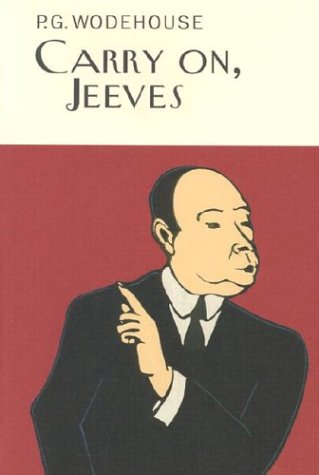
P.G. Wodehouse. Carry On, Jeeves (The Overlook Press, 2003 [1925]). I don’t remember many of the plotlines in this collection of short stories about the foppish socialite Bertie Wooster and his unflappable butler Jeeves, but I remember having a good time reading fantastic sentences like this: “Professor Pringle was a thinnish, baldish, dyspeptic-looking cove with an eye like a haddock, while Mrs Pringle’s aspect was that of one who had bad news round about the year 1900 and never really got over it.” Made me laugh out loud. As did this line: “There was a pause. The whole strength of the company gazed at me like a family group out of one of Edgar Allan Poe’s less cheery yarns, and I felt my joie de vivre dying at the roots.” And one more: “The Paddock was one of those medium-sized houses with a goodish bit of very tidy garden and a carefully rolled gravel drive curving past a shrubbery that looked as if it had just come back from the dry cleaner–the sort of house you take one look at and say to yourself, ‘Somebody’s aunt lives there.'” Ah, what fun.
